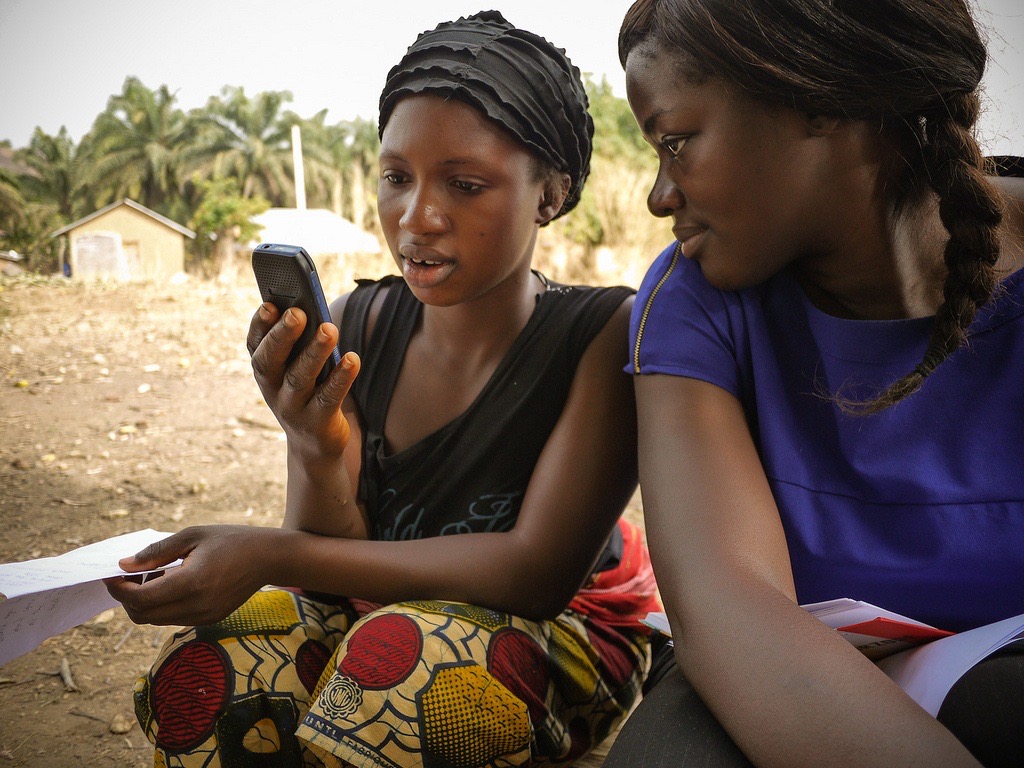This article was originally published in Supply Chain Canada’s magazine, June 2021.
As global trade becomes ever more complex and tiered, and the demand for fast and cheap goods puts substantial pressure on suppliers, Canadian companies have become increasingly more exposed to risks of human rights abuses in their global supply chains. These risks have salient consequences for the people who pick, produce and package the goods we use every day, and for the brands that procure them.
The International Labour Organization (ILO) estimates that 25 million people worldwide work under forced labour conditions. In Canada, consumers and brands are unequivocally not immune to egregious human rights abuses. In fact, World Vision Canada reported that in 2019, Canadian brands imported $3.7 billion worth of food products at a high risk of being produced with child labor. COVID-19 has only exacerbated the problem, plunging more people, especially migrant workers, into greater vulnerability for exploitation.
While companies grapple with the intricate task of advancing their Environmental, Social and Governance (ESG) reporting, commissioning certifications against sustainability standards and joining forces in multi-stakeholder initiatives, industry is yet to make a significant stride in the fight to end modern day slavery.
In 2018, the Subcommittee on International Human Rights of the Standing Committee of Foreign Affairs and International Development published a report recommending that the Canadian Government “advance legislative and policy measures to further motivate businesses to eliminate the use of all forms of child labor in their supply chains”. It is no longer a matter of if, but rather a matter of when and to what degree supply chain legislation will come into effect for Canadian companies.
Introduced by Senator Julie Miville-Dechêne, a Canadian Modern Slavery Act is a private member’s bill going through Parliament and anticipated to become law. It would require large Canadian businesses to file public, annual reports on what they are doing to prevent and reduce forced and child labor in their production. The Act already has overwhelming public support. According to an Ipsos poll, 91% of Canadians agree that the government should require companies to publicly report on their efforts to prevent forced labor.
Canada will not be the trailblazer nor will it be last to enact such rules. Many jurisdictions – including the UK, California, Australia, France and Australia – have implemented some forms of legislation that requires companies with substantial assets or workforce to publicly disclose their efforts to measure, monitor and mitigate human rights issues in their global supply chains.
Apart from legislative compliance, getting ahead on building responsible supply chains will help companies protect business continuity. The U.S. Customs and Border Protection Agency has banned the import of goods – including cotton, palm oil and rubber gloves from specific regions – due to their proven linkage to forced labor conditions by issuing Withhold Release Orders.
New tools are required to meet existing and upcoming ESG disclosure rules and human rights due diligence. Analog approaches such as onsite audits have shown their limitations in identifying forced labor while COVID-19 has disrupted supply chains and highlighted the need for stronger digital monitoring mechanisms to ensure supply chain resilience and worker protection. And in this process, it will be pertinent to listen to the voices of those impacted most – the workers, communities and local organizations who hold the key to reliable and localized data on current social and labor impacts.
Canadian companies will need to break away from tick box exercises and aggregate sustainability rankings if they want to meaningfully address human rights abuses in their supply chains. Now that is the ‘Brand Canada’ we can all stand behind.

